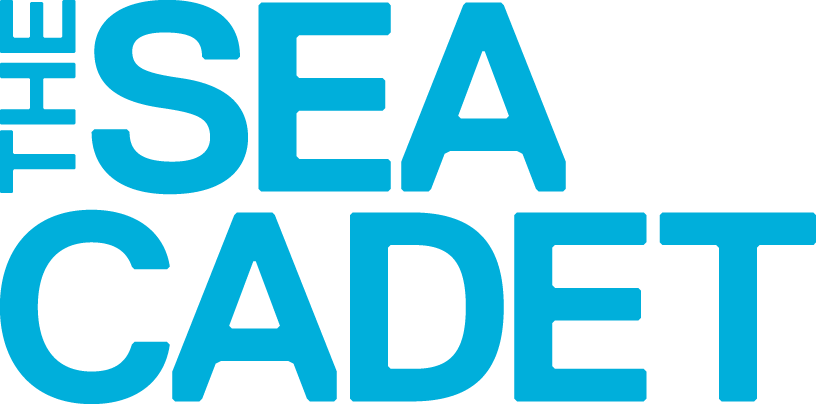Meet the Corps Chaplain
Ever wondered how you become Chaplain of the Sea Cadet Corps, or what they do? The Reverend Keith Robus RN tells us all about it

What are the responsibilities of a chaplain?
The chaplain is a friend and advisor to all. This contribution to personal wellbeing by someone trained in pastoral care is crucial for units, now more than ever. As with the Royal Navy, chaplains don’t have any direct functional responsibility, but as well as being a resource for pastoral matters, they are encouraged to get involved with Corps values. Many chaplains are also qualified instructors for various activities, from seamanship to leadership training. We enjoy ‘messing about in boats’ as much as you do!
Why is it important for charities to have a chaplain?
Chaplains have expertise in caring for people and nurturing them through good times and bad. Chaplains are a physical part of the Corps – we wear a modified RN uniform like every uniformed volunteer and cadet. We are part of the culture of the charity and have the unique position to ‘speak truth to power’. Chaplains are also embedded in the community, bringing local knowledge to units.
What are some of the skills required to be a chaplain?
In addition to the professional pastoral skills required of all chaplains, they need to be good listeners for everyone – from new cadets and volunteers to those who have already dedicated many years to the charity. Once trust is formed, support may be offered.
Do you need to be religious to talk to a chaplain?
Anyone of any age, gender, of any faith or of none, can talk with a chaplain. As with the Royal Navy, the chaplain’s nickname is ‘Bish’. We sit outside the command structure, so we are impartial, and can keep most things in confidence (apart from safeguarding issues).
How did you become a chaplain for Sea Cadets?
In 1988 I was ordained Deacon and was working in London. At a Christmas party for the local Royal Naval Association, I met the CO and 1LT of Harrow and Wembley Sea Cadets, who invited me to be Unit Chaplain. I had no previous experience of the Corps, but in 2007 I became a Regular RN Chaplain. I was recommended as Corps Chaplain by the Chaplain of the Fleet – the Royal Navy’s most senior chaplain. My job is to maintain the standards and traditions, and guide the Area Chaplains. The chaplaincy helps Sea Cadets have the highest standards of welfare for all our members.
What’s your favourite part of the job?
As a Unit Chaplain, the best part of the job was to be alongside cadets and volunteers and listen to their stories. I was able to understand the various journeys each had made and to offer friendship and advice. My second-favourite part is supporting COs. Because chaplains don’t hold any rank, they are able to have a special relationship with the Unit CO.
More news & Events

Keeping everyone safe at Sea Cadets
The latest editions of the Safeguarding Pocket Guides are now available for juniors and sea cadets to help keep everyone safe


